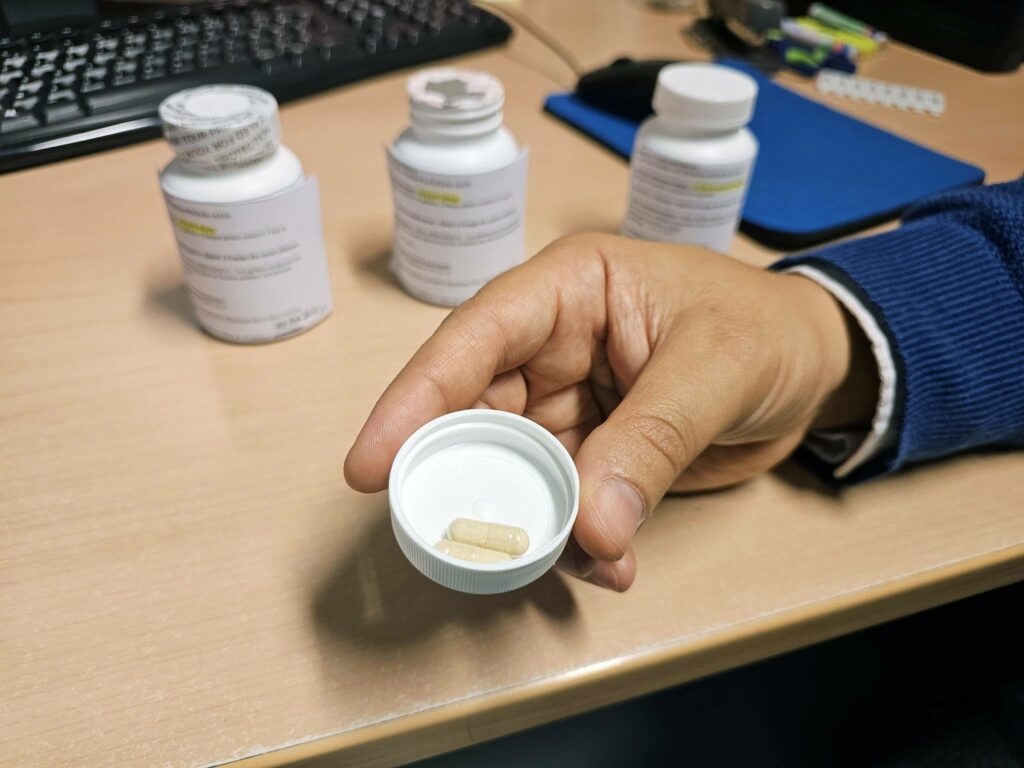The first clinical study in Belgium into the use of psilocybin, the active ingredient in hallucinogenic mushrooms, in the treatment of those with alcohol addiction is currently underway at the Brugmann Hospital in Brussels.
62 people will be treated with low or high doses of the substance over the next two years with the aim of one day making it possible to use psilocybin to tackle certain cases of addiction.
"The psilocybin is accompanied by specific psychological support for 5 to 7 hours at the patient's bedside. The room is also decorated according to the standards of psychedelic medicine (music, colours, decoration, relaxing atmosphere)," the hospital said on social media.
In Switzerland and Australia, treatments based on psychotropic substances such as MDMA, LSD or psilocybin have been possible for some time, albeit under very strict conditions. This is not yet the case in Belgium as the substances are still considered illegal narcotics and research into treatments based on these substances is rare.
After two years of negotiations with the authorities to obtain the permits necessary to import, stockpile and administer psilocybin, the clinical trial of the psychiatric department of the Brugmann Hospital started in early March.
So far, about five people have already taken part in the randomised, double-blind, placebo-controlled trial (RCT). Some participants receive a high dose; others a low dose. This should provide insight into the concrete effects of psilocybin in this type of treatment.
The selected patients are between 21 and 64 years old and are screened according to tightly controlled criteria. People with psychotic or bipolar disorders, for example, or those with first- or second-degree relatives with such disorders, are not eligible. The participants are guided from start to finish.

